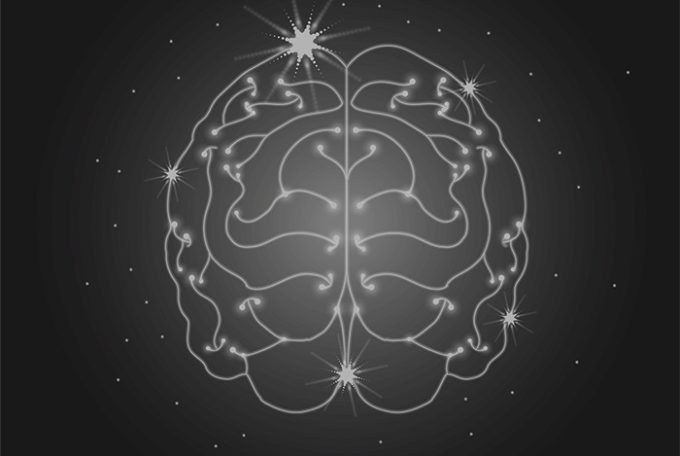
According to the World Health Organization, every 3 seconds, someone develops dementia. Alzheimer’s disease, the most common form of dementia, is currently the sixth-leading cause of death in the US.
There is currently no known cure for dementia. Researchers and organizations around the world are pouring countless hours and money into finding alternate treatment plans, prevention measures, and cures for the disease.
Some researchers have begun to study the use of cannabis and cannabidiol (CBD) in dementia patients. As of now, no proof can support the plant as a cure for dementia. However, some findings have suggested cannabis use can help manage behavioral symptoms of the disease, such as aggression and anxiety.
What is Cannabis?
Cannabis, most commonly known as marijuana, is a plant. The flowering parts, dried leaves, and resins are often extracted and used for medicinal and recreational purposes. It consists of two components, including cannabidiol and tetrahydrocannabinol (THC).
THC the main component of the plant that triggers feelings of happiness, sociability, and relaxation. Cannabidiol, on the other hand, does not cause the same intoxicating or psychoactive effects as THC.
Clinical Trials Studying Cannabis and Dementia Symptoms
The critical trademark of Alzheimer’s is the buildup of protein clumps in the brain, referred to as amyloid. Some clinical trials have shown that components of cannabis, including THC, appeared to have removed this protein in nerve cells grown in a lab.
Another case study that gave THC and CBD oil to mice with symptoms of Alzheimer’s disease showcased the positive effect of their cognitive ability. It also contributed to fewer amyloid clumps forming in their bodies. In addition to these findings, separate research reflected a reduction of brain inflammation in lab rats who received CBD oil.
Role of Cannabis in Relieving Dementia Symptoms
Common behavioral symptoms associated with dementia, such as aggression and anxiety, have shown to be minimized when paired with high dosages of CBD oil. Although some symptoms have decreased, there has not been a study conducted yet on a large enough scale to be considered conclusive. It is also important to note that those highly concentrated dosages of CBD may not be readily accessible to the public.
What is the Verdict?
The question still stands on whether or not cannabis or its by-products can help prevent or cure dementia. Unfortunately, the theory in favor of marijuana does not have enough concrete research yet to back it up, thus leading to myths, anecdotes, and unique scenarios usurping the role of scientific facts.
An essential factor to take into consideration when analyzing these previous research studies is that they focus on the effects of cannabis on dementia symptoms rather than the cause of the disease itself. There currently are no trials that have looked into the effects of cannabis or CBD oil on the underlying causes of dementia in humans.
It is also worth noting that many of these studies have involved a particular component of cannabis in isolation. Even if one element influences dementia risk, it does not necessarily mean that using cannabis would have the same effect.
There is also a large amount of variation in the levels of THC and CBD oil in different strains of the plant, so the effects could also depend on the type of cannabis used.
Recent Dementia Research
King’s College London is pioneering a new study into a cannabis-based treatment for patients living with dementia. This research is the first major trial in the United Kingdom that utilize cannabis to treat dementia symptoms.
As part of the research, they will select sixty patients within the ages of 55 to 90-years-old who display apparent dementia symptoms. Half of the sample group will receive cannabis while the others take a placebo.
Dr. David Reynolds, Chief Scientific Officer of Alzheimer’s Research UK, said, “with no new dementia treatments in over 15 years, it is vital that we test a wide range of approaches to find effective ways to help people living with the condition…what really matters is that a medicine benefits people’s day-to-day lives.”
Ending Remarks
As Dr. Reynolds stated, there have been no new significant developments in dementia treatments within the past 15 years. With over 50 million people suffering from this disease worldwide, researchers must explore as many options as possible to help ease the lives of those affected.
Exploring the effectiveness of medicinal cannabis and its by-products has already shown to alleviate the key symptoms of dementia in some patients. With more researchers turning to the prospective benefits of the plant, we may very well see some progress in the near future.



